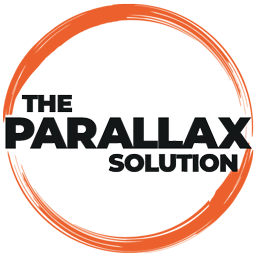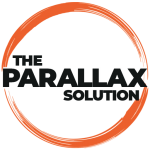Finding the right addiction treatment that best suits your needs is no easy task. Most people think of addiction treatment as a facility composed of a large staff, sizeable clientele, and residential living. However, this kind of treatment doesn’t suit everyone. After all, addiction is a complex disease that affects everyone in different ways.
Many generations ago, medical professionals often made house calls, where doctors visited patients’ homes to provide unprecedented care. Patients were treated kindly – like family members or friends. This kind of healing is beneficial for many reasons. Due to the high demand for addiction treatment, this kind of care is making a major comeback in the form of concierge therapy for drug and alcohol addiction.
When seeking therapy for addiction treatment, you want the best personalized care you can find. Many clients benefit from intensive behavioral therapy held in group settings, but others require a unique program of care. On the other hand, some people have already completed a treatment program and are looking for aftercare assistance. WIth concierge addiction therapy, clients can learn how to sustain their recovery while remaining in their usual community and home environment.
Traditional Treatment vs. Concierge Therapy
In traditional addiction treatment, clients either live in residential housing or commute to a clinic for group and individual therapy. The therapists have a large caseload to keep up with throughout a limited amount of time. However, traditional therapy does introduce an element of support. After all, clients are surrounded by others in recovery during the treatment process.
Concierge therapy, however, allows therapists to spend more time getting to know their clients. As a result, therapists know their clients on a personal basis and can better tend to their individual needs. Although there is no cure for addiction, a treatment that is accessible around the clock is critical during the early stages of recovery. Addiction can be life-threatening, so having primary access to a concierge doctor can provide you with medical and psychiatric care when you need it the most.
For people who are leaving a residential treatment program, the first days out of treatment can be overwhelming. A person may be faced with unexpected challenges, emotional triggers, or thoughts of relapse. To mitigate these situations, concierge aftercare assistance can help smooth out the transition from rehab back into a person’s life.
Benefits of Concierge Addiction Therapy
All patients who are seeking freedom from addiction face unique challenges. For example, high profile individuals may not be able to escape fandom or take time off work to go to rehab. On the other hand, professionals may face shame, guilt, or difficulties at work if they take time off for addiction treatment. Lastly, a person may feel extremely vulnerable after rehab and prefer to have aftercare assistance. Concierge addiction therapy isn’t only for high-profile individuals. Instead, it is for anyone who wants to overcome addiction but can’t meet the requirements of traditional addiction treatment or who wants a detail-oriented form of aftercare.
Concierge patients will also be able to get individualized treatment that fits into their daily schedules. Similarly, addiction professionals in this unique field of work are available on weekends and after-hours – times that outpatient treatment therapists may not be available during. For example, a family member may require treatment while his or her children are at school. If this is the case, a person can benefit from concierge recovery assistance.
Furthermore, concierge therapy provides individuals with direction, emotional support, education, and overall healing. In addition, it helps provide patients with healthy coping skills that will play a critical part in achieving long-term sobriety. Personalized addiction counseling will provide a deep insight into a person’s specific issues and challenges in order to promote long-term sobriety. Treatment won’t be set on a number of days, but rather according to a person’s progress in the recovery process.
Mental Health and Concierge Treatment
Nearly 50% of all people with a substance use disorder also suffer from another diagnosable mental health condition.[1] As a result, mental health counseling is an important component of addiction therapy. Without mental health counseling, a patient is at risk for a co-occurring mental health disorder going untreated. When addiction therapy fails to recognize co-existing mental illnesses, a person’s symptoms can continue to occur long after they complete detox and treatment.
Often times, addiction and it’s common behaviors are the direct result of underlying issues. These issues must be addressed in order for a patient to receive well-rounded and thorough addiction therapy. After all, recovery is about more than abstinence. It is also about changing the negative behaviors and thought patterns that fuel addiction.
Start Feeling Better Today
Addiction treatment shouldn’t be a one-size-fits-all process because each person’s recovery is unique. Concierge addiction therapy provides patients with innovative and exclusive care in the comfort of their homes.
“We customize each client’s plan based on their medical, social, and professional histories to ensure the treatment is right for them.”
If you are ready to start feeling better, shift your addictive behaviors, and live a more positive and healthy lifestyle, get in touch with us today.
References:











